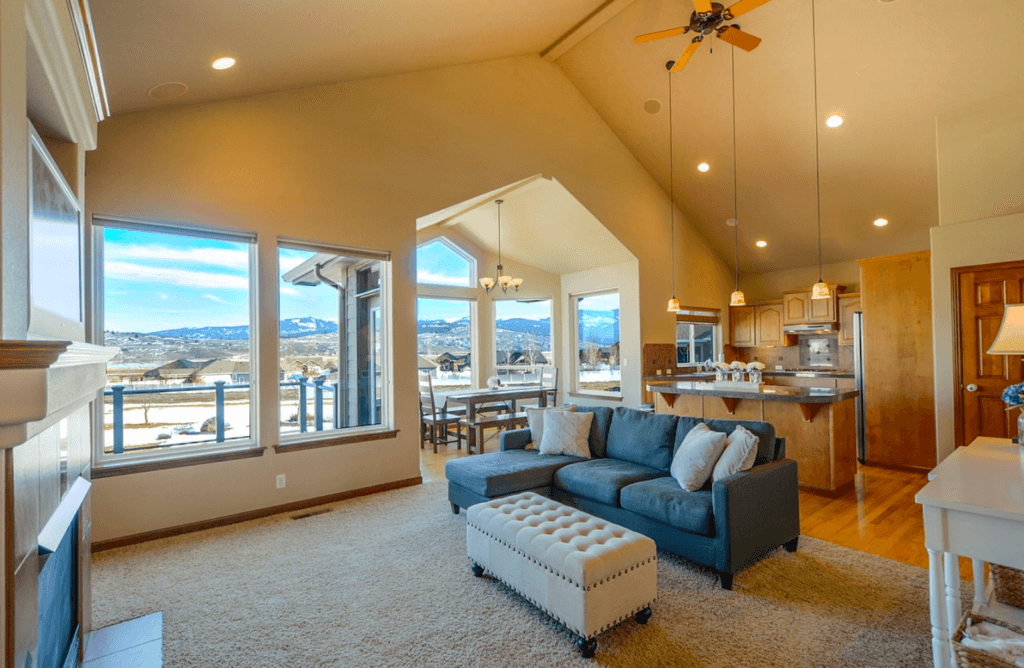
A severe shortage of affordable housing options continues to plague the San Francisco Bay Area. It’s a subject that has gained tremendous attention in recent years, given the spike in property prices, the lack of new housing developments, and the rampant homeless problem in the metropolis. In Oakland California, a standard 1-bedroom apartment rents for approximately $2025 per month, concerning given that the median household income in Oakland is $63,251. The owner-occupied housing rate in Oakland is only 39.8% (2013 through 2017).
The mayor of Oakland, Libby Schaaf is working to facilitate the construction of 9,000 housing units to meet the shortfall in the city. Unfortunately, she readily admits that affordable housing remains the biggest challenge in her district. ABC 7 News (May 2019) quoted the mayor as saying: ‘… Yesterday, I helped open 28 new units of affordable housing, 4,000 families applied for those 28 units.’ While certainly a start, it falls hopelessly short of expectations. The mayor is urging business leaders to invest substantially more in affordable housing developments.
The policy director of the Terner Center for Housing Innovation at the University of California Berkeley, David Garcia, believes that millions of new houses need to be built to resolve the housing crisis. This is fully supported by a report by McKinsey & Co (from 2016) which found that 3.5 million new homes need to be built by 2025 to keep up with demand. The governor of California, Gavin Newsom is determined to meet these challenges, but analysis shows that this ambitious goal will only be attained by 2050.
Oakland Housing Projects Making A Difference
New home development across Oakland is taking place at a steady clip. Property developer Danny Haber of oWOW has already completed construction of several major projects including 674 23rd Street, 1919 Market Street, 316 12th Street, and 960 Howard Street. These major projects have brought innovative changes to the suppressed Oakland property market, thanks to the introduction of MacroUnits.
One of the most sidelined demographics in the entire Bay Area housing market is low-to-middle-income earners. Many real estate developers focus their efforts on high-end complexes for the well-to-do, with rentals hovering around $3000 per month. Thousands of ‘expensive’ property developments are currently underway, more often than not at unaffordable prices. The hardest-hit communities include the African-American community in Oakland. Rather than price out all the tenants through remodeling initiatives, oWOW is revitalizing buildings, attracting tenants from across the spectrum, and making neighborhoods safer and more desirable.
Described by those who know him as a man of character, Danny Haber has made dramatic inroads with his unique ability to transform dilapidated tenements into luxury rentals. His methodology encompasses repeatable designs that can be fully customized. The housing parts are mass-produced off-site and brought to market in double-quick time. The end product offered is well below market price. These unique adaptable spaces are ideal for live/work situations, and the tenants that now occupy the 674 23rd Street building include a wide range of folks from educators to managers, entrepreneurs to artists. The 674 23rd Street building featured 24 units which were leased within a month.
The project was made possible because the building was red-tagged after damage from a fire in a neighboring building. After sitting vacant for five years, the owner sold it to oWOW. Now that it has been completely remodeled, it features innovative units known as MacroUnits. With flexible walls (Magic Walls), Haber’s company was able to transform the building and rent it out below market price to a diverse variety of tenants. With Magic Walls, it possible to convert a standard 1-bedroom apartment into a multi-bedroom apartment with luxury-class living below market price. All these modular units are built in a factory and shipped to the location, for quick installation and deployment. Little by little, oWOW is chipping away at the status quo and making it possible for tenants to pay their rent.
